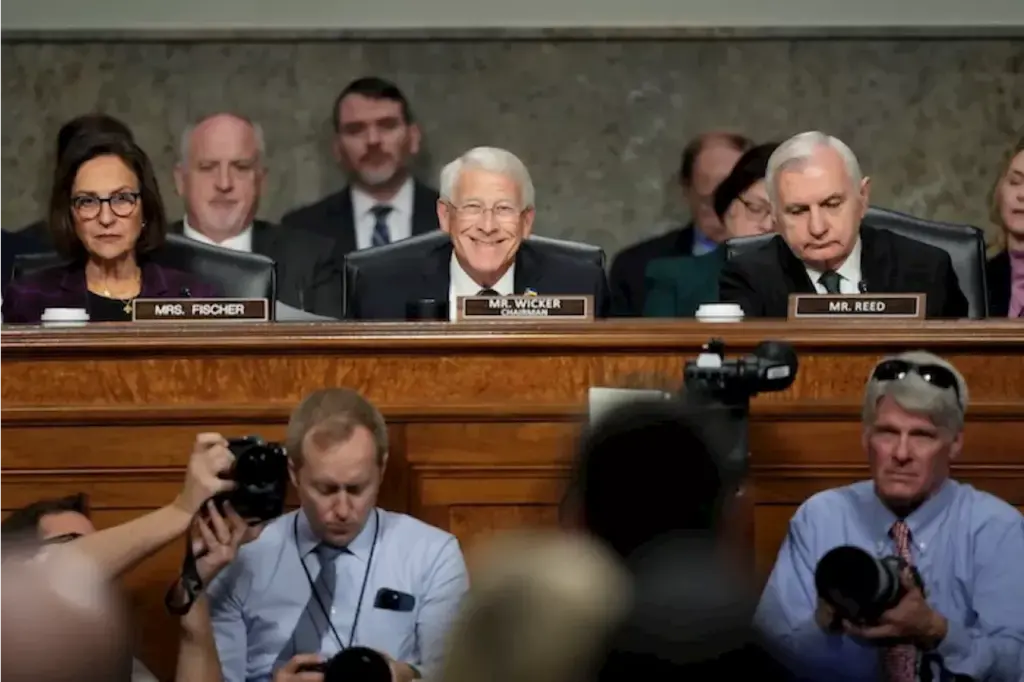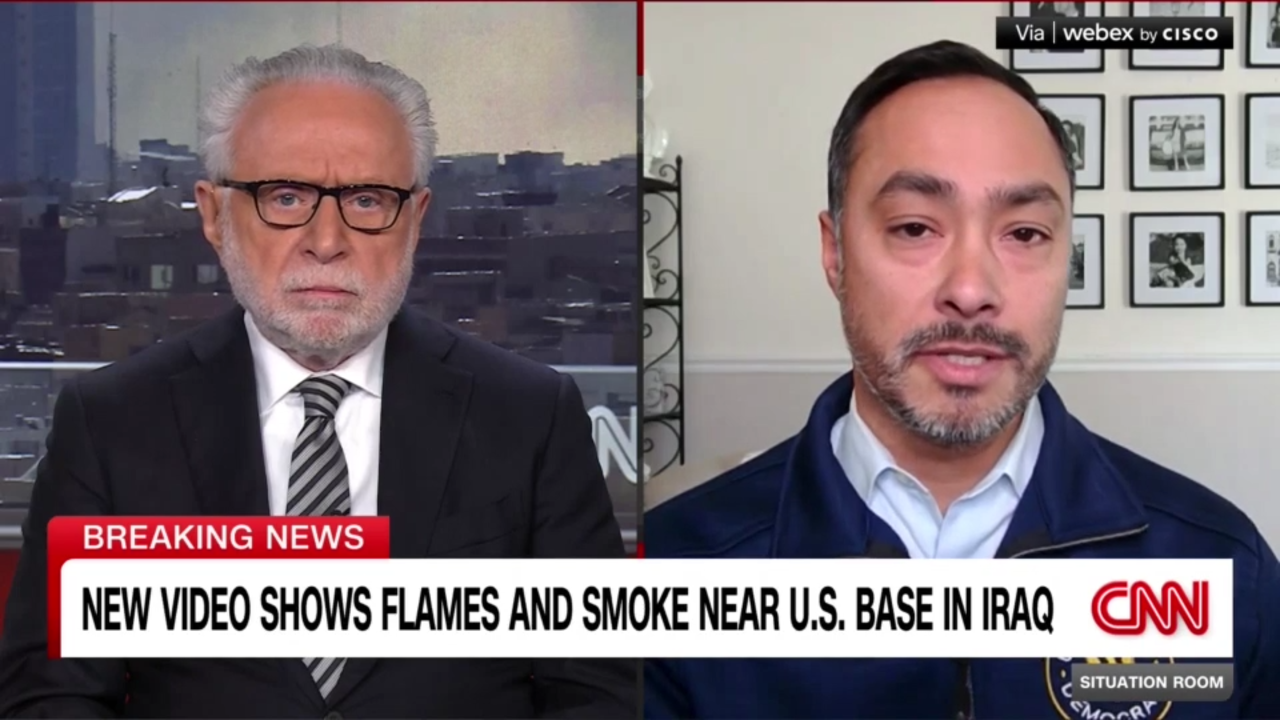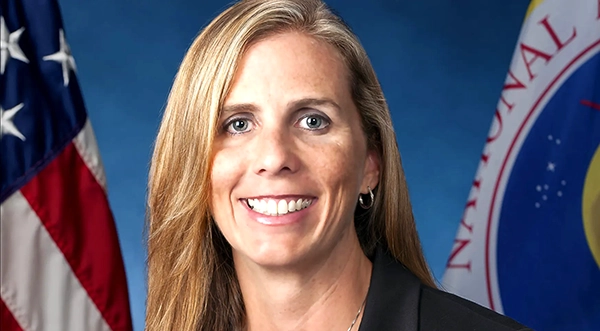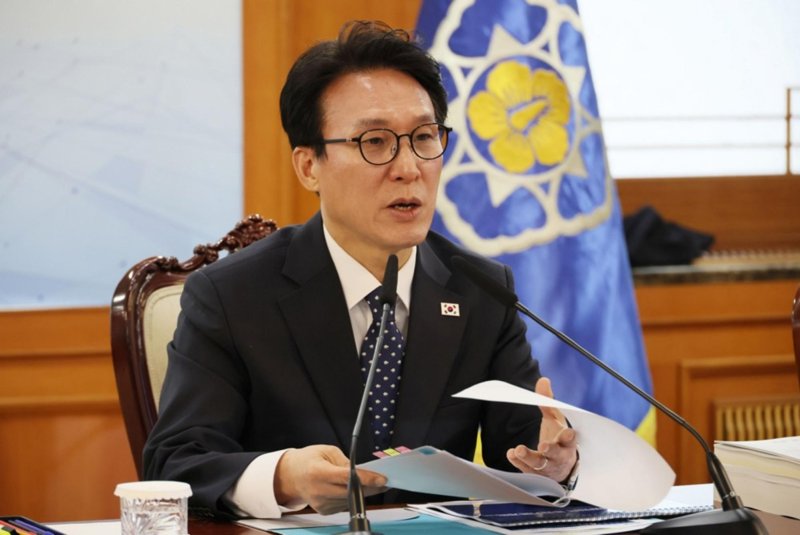
The Pentagon is under increased scrutiny from lawmakers following an admission that it has not consulted with Congress on significant policy decisions. During his confirmation hearing on March 15, 2024, Alexander Velez-Green, a senior adviser to the undersecretary of war for policy, acknowledged that the department had not engaged with senators regarding the national defense strategy or the global force posture review. This revelation has sparked frustration among both Democratic and Republican lawmakers.
Velez-Green’s comments were made as part of his nomination process for the role of deputy undersecretary of defense for policy. He stated, “I’m not aware that there has been formal consultations with Congress on the national defense strategy. I know we interact on a regular basis on issues related and policy that inform the internal discussions and development process.” This lack of formal engagement has been a point of contention, especially for members of the Senate Armed Services Committee, who expect a more collaborative approach.
Bipartisan Criticism of Pentagon Policy Decisions
The criticism surrounding the Pentagon’s policy-making process has been largely directed at Undersecretary of War for Policy Elbridge Colby. Senator Roger Wicker, the chairman of the committee, expressed disappointment during the hearings, stating, “That’s really not the way it’s supposed to work.” He emphasized the importance of collaboration between the Pentagon and Congress, highlighting concerns that the Pentagon’s policy office is not aligning with the administration’s priorities.
Senator Wicker noted, “Members of this committee are in regular contact with people inside the executive branch, both career civilians and political appointees.” He referenced discussions with foreign officials from countries such as Japan, Taiwan, and South Korea, indicating that there appears to be a disconnect between what is communicated to Congress and the actions of the Pentagon. “Some might hope to chalk up such accusations to faulty news reporting. But as I’ve said, it is not that simple,” he added.
During the hearings, Velez-Green assured senators that, if confirmed, he would work to improve communication with the committee. However, Wicker responded by asserting that such a change would “require a change in a mindset” within the Pentagon.
Concerns Over Coordination with the Administration
Senator Dan Sullivan expressed frustration with his experiences trying to engage with Pentagon officials, calling Colby “the hardest guy to get a hold of in the Trump administration.” Despite this, Sullivan described a recent meeting with Colby as “constructive,” where he appreciated a detailed discussion about the pillars of the national defense strategy currently under development.
Lawmakers raised multiple instances where the Pentagon’s actions appeared misaligned with President Biden’s agenda. Notable examples included the decision to withdraw troops during the Iran-Israel conflict in June and the cancellation of a scheduled meeting between senior U.S. officials and their Japanese counterparts. Velez-Green, alongside Austin Dahmer, who was also undergoing confirmation for a key role, denied any claims that the Pentagon had paused military aid to Ukraine earlier this year. Dahmer attributed the confusion to “fake news,” but such assertions were met with skepticism from senators, who referenced previous statements made by Pentagon spokesman Sean Parnell regarding the timing and specifics of military aid.
As the Senate continues to scrutinize the Pentagon’s approach to policy-making, the need for effective communication and collaboration between Congress and the Department of Defense remains critical. The ongoing hearings highlight a significant gap in engagement that lawmakers are determined to address.







